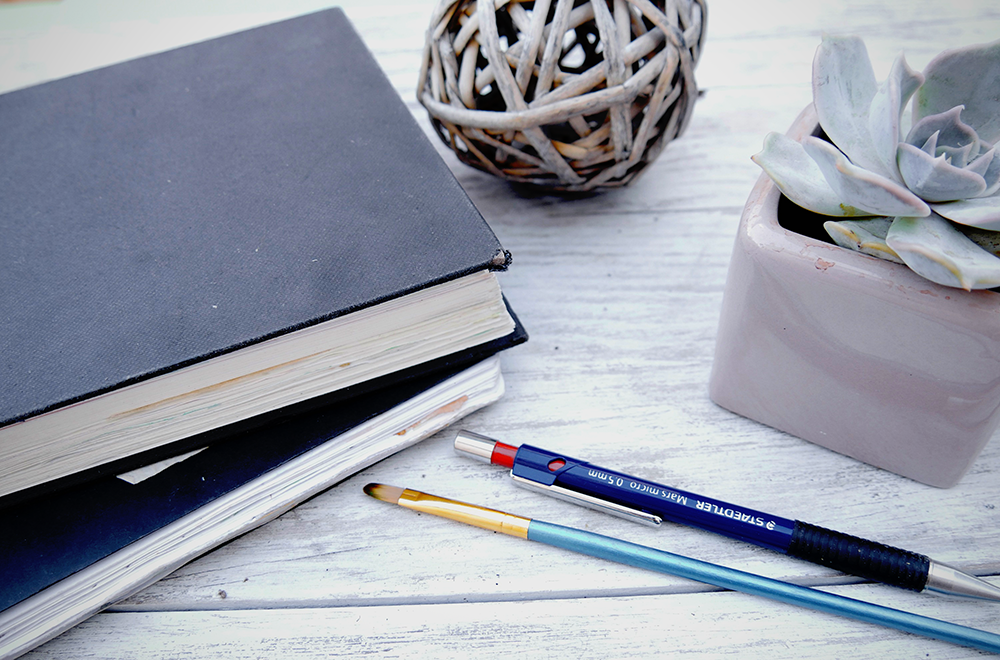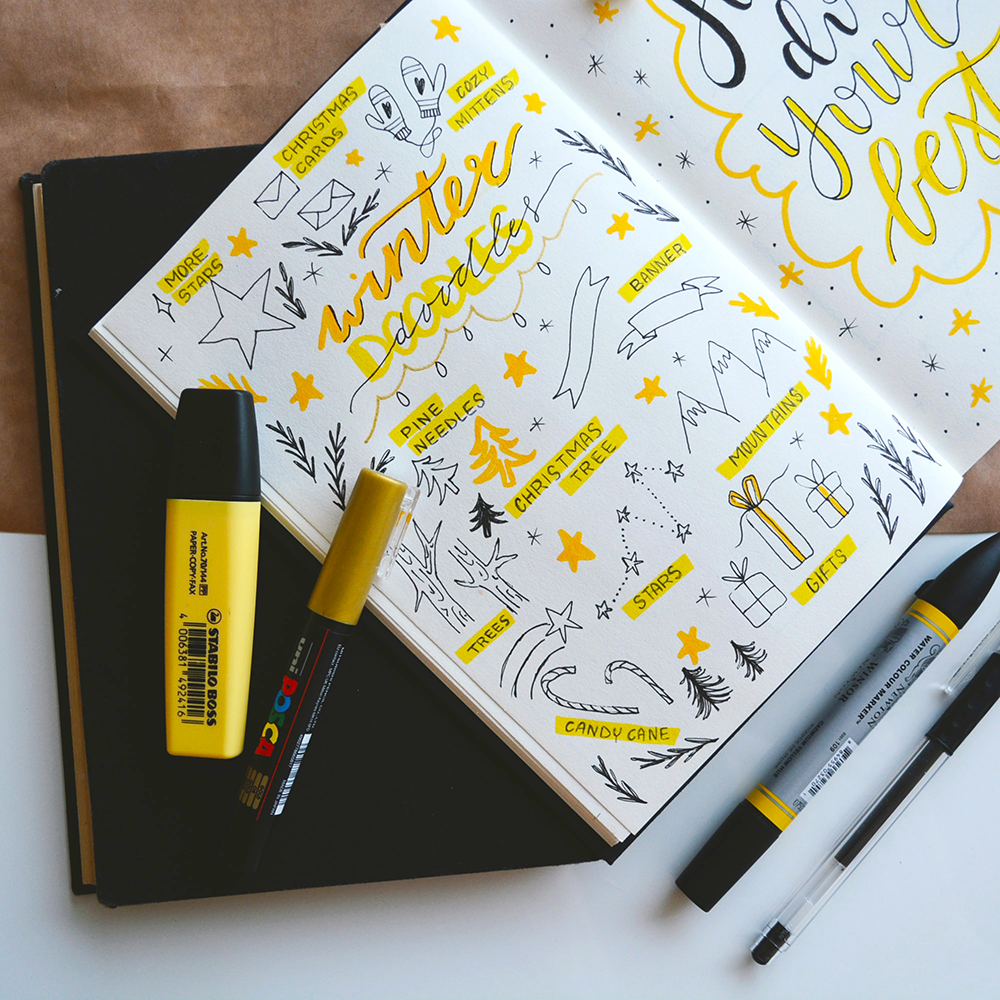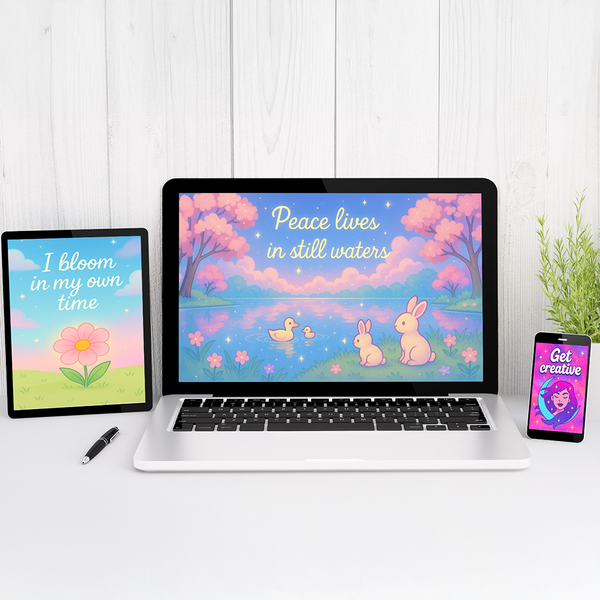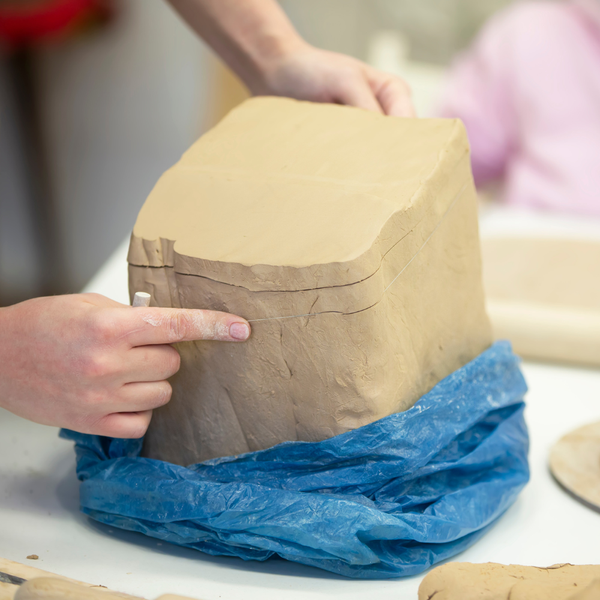Writing a creative journal entry can be a transformative experience, offering a non-judgmental space to explore your thoughts, feelings, and experiences.
Whether you're a seasoned writer or just beginning, this guide will provide you with a solid foundation to start writing compelling journal entries.
We'll cover everything from overcoming writer's block to using writing prompts and character sketches to enrich your journaling practice.
Dive in and discover how to make your journal a canvas for your imagination!
Key Takeaways:
- Establish a Writing Habit: Consistency is key to developing a creative journaling practice.
- Use Writing Prompts: These can help overcome writer's block and get your creative juices flowing.
- Embrace Self-Reflection: Journaling is a powerful tool for personal growth and self-discovery.
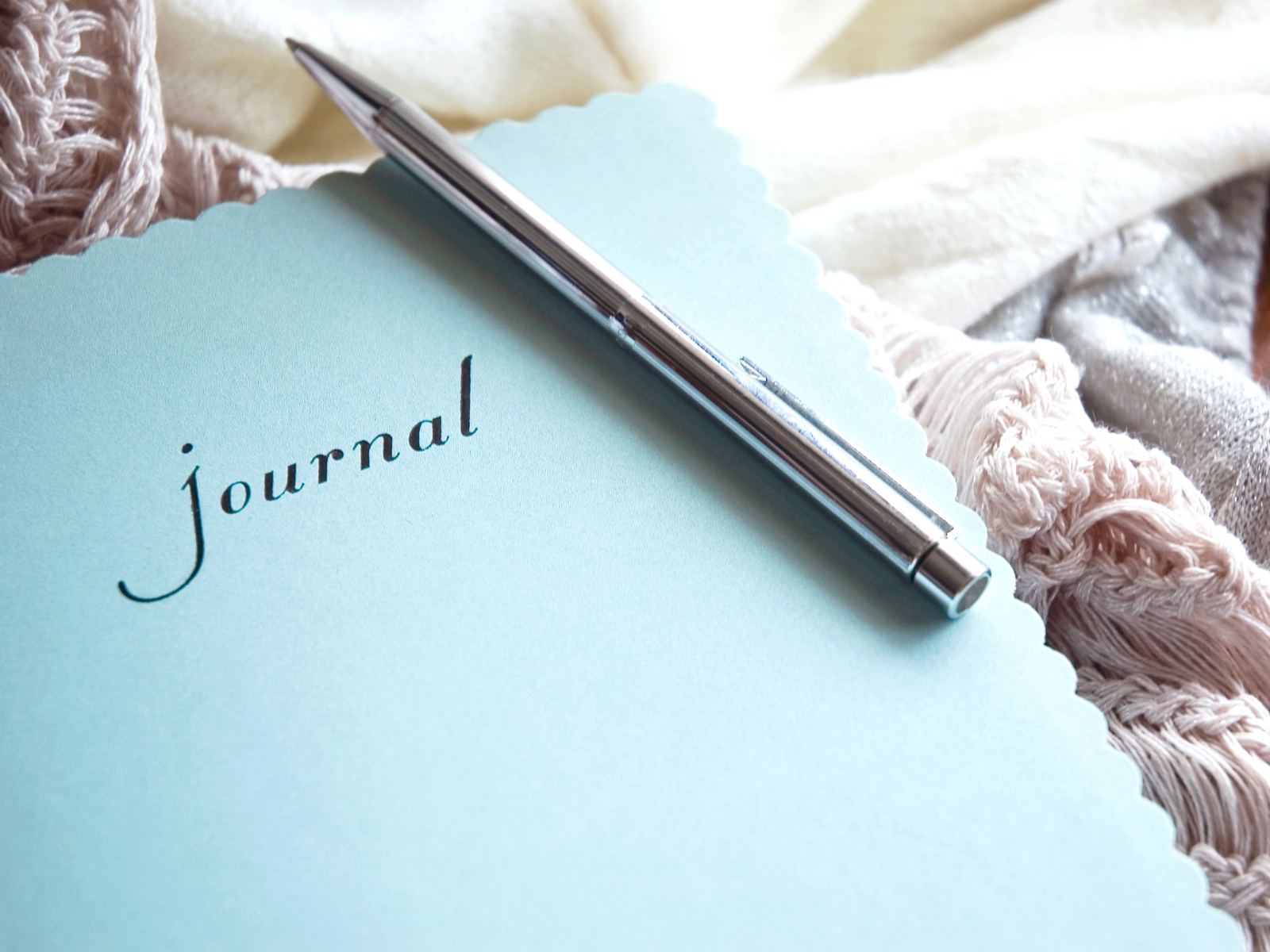


Establishing a Writing Habit
Creating a consistent writing habit is crucial for anyone looking to write journal entries regularly.
Start by setting aside a specific time each day dedicated to journaling.
This could be in the morning, during lunch, or before bed. The key is to make it a routine part of your daily life.
To make this habit stick, consider setting a timer for 10-15 minutes.
During this time, focus solely on writing without worrying about grammar, spelling, or structure.
The goal is to get your thoughts on paper and develop a rhythm that will make journaling a natural part of your day.
Creating a Non-Judgmental Space
Your journal should be a safe, non-judgmental space where you can express yourself freely.
Write without worrying about grammar, spelling, or coherence.
The goal is to capture your thoughts and feelings honestly and authentically.
This practice can help you develop a more compassionate and accepting attitude towards yourself, fostering personal growth and self-discovery.
It also allows you to explore your creative side without the pressure of perfection.
Setting a Basic Framework
Having a basic framework for your journal entries can make the writing process more manageable and enjoyable.
Start with a brief overview of your day or the topic you want to explore.
Then, delve into specific details, thoughts, and feelings.
End with a reflection or takeaway, summarizing what you learned or how you felt.
This structure provides a clear and organized way to capture your thoughts, making it easier to maintain a consistent journaling practice.
Overcoming Writer's Block
Writer's block can be a significant hurdle when trying to write a creative journal entry.
One effective way to overcome this is by using writing prompts.
Prompts can be as simple as "Describe a moment that made you happy today" or "Write about a time you felt challenged."
Another technique is free writing, where you write continuously for a set period without worrying about coherence or correctness.
This method can help you bypass the mental barriers that often cause writer's block and get your creative juices flowing.
Using Writing Prompts
Writing prompts are an excellent tool for sparking creativity and providing direction when you feel stuck.
They can range from questions about your daily life to more imaginative scenarios.
For example, "If you could have dinner with any historical figure, who would it be and why?" or "Write a short story about a family member from their perspective."
Prompts can also help you explore different aspects of your life story, offering new angles and insights.
By regularly incorporating prompts into your journaling practice, you'll find it easier to begin writing and maintain a steady flow of ideas.



Embracing Self-Reflection
Self-reflection is a cornerstone of effective journaling.
It allows you to delve deeper into your thoughts and feelings, providing a clearer understanding of your personal growth and development.
Start by asking yourself open-ended questions like "What did I learn about myself today?" or "How did I handle a challenging situation?"
Reflecting on past experiences can also be enlightening. Write about a time when you overcame a significant obstacle or achieved a personal goal.
This not only helps you process your emotions but also serves as a reminder of your resilience and capabilities.
Creating Compelling Characters
If you're interested in creative writing, your journal can be a fantastic place to develop compelling characters.
Start by sketching out basic details about your character, such as their name, age, and background.
Then, delve deeper into their personality, motivations, and conflicts.
Writing from the first-person perspective of your character can provide a more intimate understanding of their thoughts and feelings.
This exercise can also enhance your empathy and storytelling skills, making your journal entries more engaging and dynamic.
Using Character Sketches
Character sketches are a valuable tool for developing your creative writing skills.
Start by choosing a character from your imagination or someone you know.
Write a detailed description of their appearance, personality, and background.
Next, place your character in different scenarios and write about how they would react.
This exercise can help you create more nuanced and believable characters, enhancing your storytelling abilities and making your journal entries more engaging.
Writing About Daily Life
Documenting your daily life in your journal can be both therapeutic and insightful.
Write about the events of your day, your interactions with others, and any significant moments that stood out.
This practice can help you process your experiences and gain a better understanding of your daily routines and habits.
Don't be afraid to include mundane details, as they can often reveal patterns and insights that you might overlook otherwise.
Over time, you'll build a rich tapestry of your life that you can look back on and learn from.
Documenting Daily Reflections
Daily reflections are a valuable part of any journaling practice.
At the end of each day, take a few minutes to write about your experiences, thoughts, and feelings.
Reflect on what went well, what challenges you faced, and what you learned.
This practice can help you process your emotions, gain insights into your daily routines, and identify areas for personal growth.
It also provides a consistent and structured way to capture your thoughts and experiences.
Reflecting on Past Experiences
Reflecting on past experiences can provide valuable insights and lessons.
Write about significant events in your life, such as milestones, challenges, and achievements.
Describe how these experiences shaped you and what you learned from them.
This practice can help you process your emotions, gain a deeper understanding of yourself, and identify patterns in your behavior and decision-making.
It also provides a rich source of material for your journal entries.

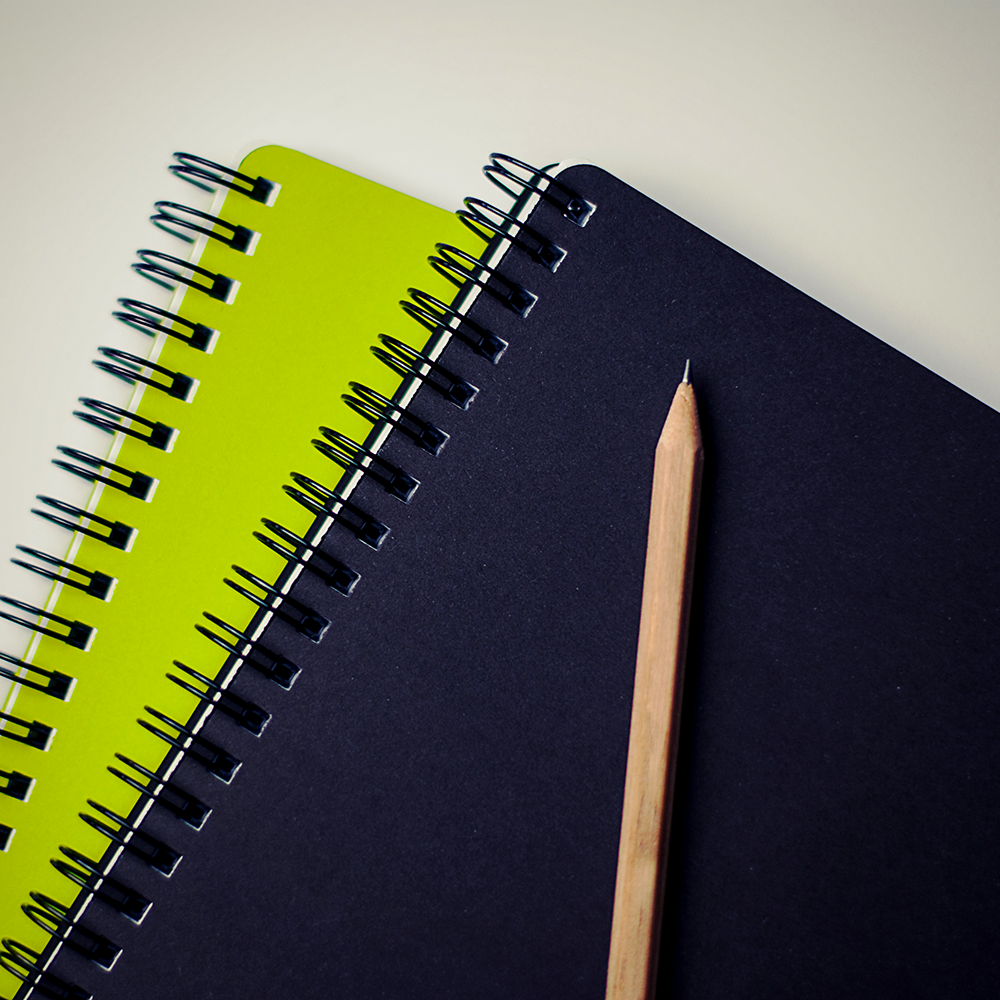

Writing About Family Members
Writing about family members can provide valuable insights and deepen your understanding of your relationships.
Describe your interactions with family members, their personalities, and your feelings towards them.
This practice can help you process your emotions and gain a clearer perspective on your family dynamics.
Consider writing from the perspective of a family member, imagining their thoughts and feelings.
This exercise can enhance your empathy and provide a more nuanced understanding of your relationships.
Writing About Personal Growth
Journaling is a powerful tool for tracking and fostering personal growth.
Write about your goals, challenges, and achievements, reflecting on how you've grown and what you've learned.
This practice can help you stay focused and motivated, providing a tangible record of your progress.
Consider setting specific goals for your creative journaling practice, such as writing a certain number of entries per week or exploring particular themes.
Regularly reviewing and updating your goals can help you stay on track and make meaningful progress.
Exploring Personal Goals
Journaling is an excellent way to set and track personal goals.
Begin by writing down your short-term and long-term goals, whether they relate to your career, relationships, or personal growth.
Be specific about what you want to achieve and why it's important to you.
Regularly reviewing and updating your goals in your journal can help you stay focused and motivated.
It also provides a tangible record of your progress, allowing you to celebrate your achievements and adjust your plans as needed.
Practicing Free Writing
Free writing is a powerful technique for unlocking your creativity and overcoming writer's block.
Set a timer for a specific period, such as 10 or 15 minutes, and write continuously without stopping to edit or censor yourself.
The goal is to let your thoughts flow freely onto the page, bypassing your inner critic.
This practice can help you discover new ideas, explore different perspectives, and develop a more fluid writing style.
Exploring New Ideas
Your journal is a great place to explore new ideas and experiment with different writing styles.
Write about topics that interest you, try out new genres, or create fictional stories.
This practice can help you develop your creativity and expand your writing and creative skills.
Don't be afraid to take risks and push your boundaries.
The more you experiment and explore, the more you'll discover about your creative potential and the more engaging your journal entries will become.



Writing Short Stories
Writing short stories in your journal can be a fun and creative way to develop your writing skills.
Start with a simple idea or prompt, and let your imagination take over.
Focus on creating compelling characters, vivid settings, and engaging plots.
This practice can help you develop your storytelling abilities and make your journal entries more dynamic and interesting.
It also provides a creative outlet for exploring different themes and ideas.
Incorporating Visual Elements
Adding visual elements to your personal journal can breathe new life into your entries.
Consider including sketches, photographs, or even clippings from magazines.
These visuals can serve as a springboard for your writing, providing a fresh source of inspiration when words seem elusive.
For instance, a simple photograph of a sunset can evoke a flood of memories and emotions, transforming a blank page into a canvas of self-discovery.
Moreover, visual elements can help break the monotony of text-heavy entries, making your journal more engaging.
This approach can be particularly helpful when you're grappling with writer's block.
By integrating images, you create a multi-sensory experience that can reignite your creative spark.
Feel free to experiment with different mediums to see what resonates with you.
Engaging in Dialogue Writing
Dialogue writing can add a dynamic layer to your journal entries.
Imagine your journal as a conversation with a trusted friend, where you can express your hopes, worries, and daily reflections.
Writing in the first person, you can create dialogues that explore different facets of your personality, offering a deeper sense of reflection and understanding.
For example, you might write a dialogue between your present self and your future self, discussing your goals and aspirations.
This technique not only makes your entries more engaging but also provides a structured way to explore your thoughts and feelings.
It's a powerful tool for self-discovery, helping you to articulate your inner world in a more nuanced and meaningful way.
Setting Personal Goals
Setting personal goals in your journal can help you stay focused and motivated.
Write down your short-term and long-term goals, and break them down into actionable steps.
Regularly review and update your goals, reflecting on your progress and adjusting your plans as needed.
This practice can help you stay on track and make meaningful progress towards your goals.
It also provides a tangible record of your achievements, allowing you to celebrate your successes and learn from your challenges.
Embracing Your Creative Side
Your journal is a space to embrace your creative side and explore your artistic potential.
Write about your creative projects, ideas, and inspirations.
Experiment with different writing styles, genres, and formats.
This practice can help you develop your creativity and expand your writing skills.
It also provides a safe and non-judgmental space to express yourself and explore your artistic potential.



Embrace the Journey of Self-Discovery
Writing a creative journal entry is more than just putting words on paper; it's a journey of self-discovery and personal growth.
By committing to a regular writing habit, utilizing prompts, and allowing yourself the freedom to reflect, you can transform your journal into a powerful tool for creativity and self-awareness.
Whether you're chronicling your daily experiences, setting personal goals, or crafting fictional tales, your journal is a sanctuary for your innermost thoughts and feelings.
Remember, the key to successful journaling is to write honestly and authentically, without fear of judgment or perfection.
So, write with freely, and watch as your journal becomes a mirror reflecting your true self.
Happy journaling!
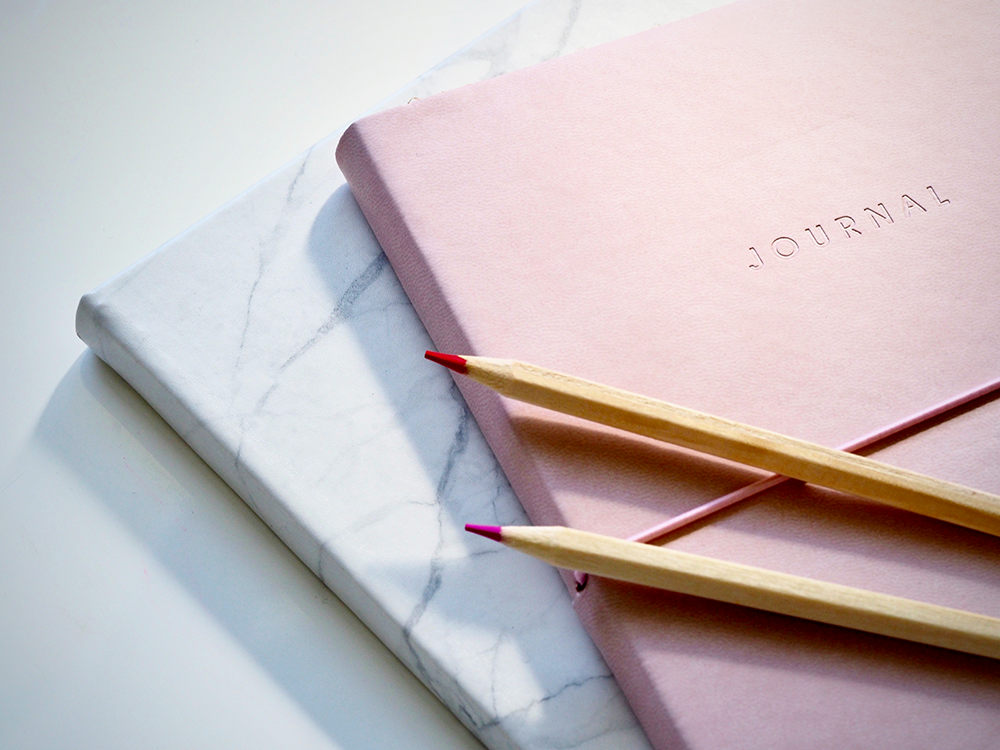


Journaling FAQs
Welcome to the journaling FAQs!
Whether you're a seasoned journaler or just starting out, this section is designed to answer all your burning questions about the art of journaling and how to journal.
From tips on how to kickstart your creative entries to discovering the best writing prompts, and understanding how journaling can foster personal growth, we've got you covered.
Dive in, unlock the full potential of your journaling journey, and start journaling!
How do I start writing a creative journal entry?
Begin by setting aside a specific time each day for journaling. Use writing prompts to spark your creativity and focus on writing continuously without worrying about grammar or structure. The goal is to capture your thoughts and feelings honestly and authentically.
What are some good writing prompts for journal entries?
Writing prompts can range from questions about your daily life to imaginative scenarios. Examples include "Describe a moment that made you happy today," "Write about a time you felt challenged," or "If you could have dinner with any historical figure, who would it be and why?"
How can journaling help with personal growth?
Journaling allows you to reflect on your experiences, set and track personal goals, and explore your thoughts and feelings. This practice can help you gain a deeper understanding of yourself, identify areas for growth, and celebrate your achievements.
What tools or supplies do I need to start journaling?
All you really need is a notebook and a pen. However, some people prefer to use digital tools like journaling apps or software. You might also find it helpful to have colored pens, stickers, or other decorative items to make your journal more personalized and engaging.
How often should I journal?
There's no one-size-fits-all answer to this question. Some people find it helpful to journal daily, while others might do it weekly or whenever they feel the need. The key is to find a frequency that works for you and stick to it.
Can journaling help with mental health?
Absolutely. Journaling can be a therapeutic practice that helps you process emotions, reduce stress, and gain clarity on issues you're facing. Many people find that writing about their feelings helps them to understand and manage their mental health better.
What if I run out of things to write about?
If you find yourself stuck, try using new writing prompts or exploring different journaling techniques like bullet journaling, gratitude journaling, or even sketching. Sometimes, taking a break and coming back with a fresh perspective can also help.
Is there a "right" way to journal?
No, there isn't a right or wrong way to journal. The beauty of journaling is that it's a personal practice tailored to your needs and preferences. Whether you write long entries, jot down bullet points, or doodle, what's important is that it works for you.
Can I share my journal entries with others?
That's entirely up to you. Some people find it helpful to share their entries with a trusted friend or therapist, while others prefer to keep their journals private. Sharing can offer new perspectives and support, but it's not necessary for the practice to be effective.
How do I stay motivated to keep journaling?
Setting specific goals, using prompts, and creating a comfortable journaling environment can help keep you motivated. Additionally, remind yourself of the benefits you've experienced from journaling, such as increased self-awareness and stress relief.



Looking for help writing your next journal entry? Check out JetPens' video!
Want even more content about creativity and art?
Be sure to check out all of our creative chronicles!
Eager to learn more about journals and sketchbooks?
Check out some of our other articles:
-What are the three types of journaling?
-What is the difference between a journal and an art journal?
-What's the difference between a sketchbook and an art journal?
